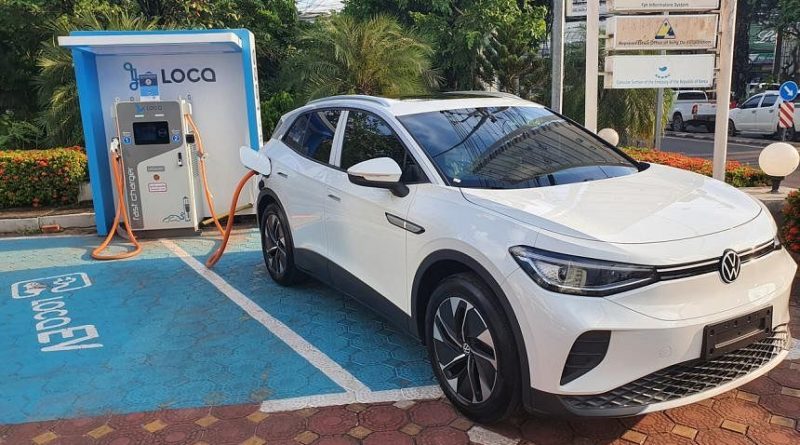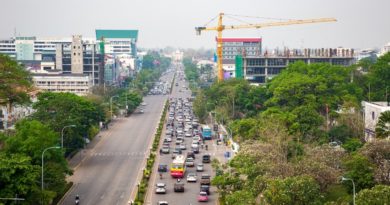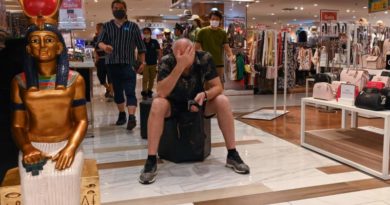Ride-Hailing Firm’s EV Answer To Inflation In Laos
Source: TheStar
Soaring fuel prices around the world have shrunk the earnings of drivers on ride-hailing platforms, making it untenable at times to get behind the wheel.
Platforms such as Grab and Gojek, meanwhile, walk the tightrope between raising fares to help their drivers cope with inflation and retaining price-sensitive passengers.
One start-up in Laos has found the answer to this no-win situation. In May, ride-hailing company Loca launched the country’s first public electric vehicle (EV) charging station, kicking off a plan to install at least 20 around Laos by the end of this year, and 45 by 2025.
Although just 16 of Loca’s 600-strong fleet are EVs now, the company intends to steadily raise that figure through its in-house financing scheme.
Going electric, Loca reasoned, was the best way for its drivers to boost their earnings and for the platform to control prices while the country struggled with inflation. This is because 81 per cent of the electricity consumed within Laos is hydropower generated by its 77 dams.
This relatively cheap source of electricity is priced in kip, the local currency, shielding consumers from the price shocks experienced in other parts of the world that rely on imported gas or coal to power their homes.
“The EV is one of the keys to fight inflation,” Loca chief executive Souliyo Vongdala tells the Straits Times.
“We try to use the EV so we can curve the price down in the future. Then, more locals would be able to afford our rides, and we can have greater volume for the drivers,” he says.

This business model makes sense even if the price of electricity doubles, he says, because an EV driver spends only one-tenth of what other drivers pay for fuel. A driver of a conventional vehicle would have to spend about half of what he makes on petrol, which needs to be imported.
Laos, which portrays itself as the “battery” of South-East Asia, went on a dam building spree in recent years to boost electricity export revenues. Wind farms and a floating solar plant are in the works.
Although a foreign currency shortage led to fuel pumps in Laos running low in May, the queues outside petrol stations had eased by the time ST visited the capital Vientiane in July.
Yet, inflation remains a problem as the country of seven million grapples with infrastructure-related debt. The kip has lost half its value over the past year, making imported items cost twice as much.
Loca is not immune to inflationary pressures. In May, it had to raise salaries by 40 per cent to help staff cope and also keep them on. That month, it also raised the price of its rides, though that hike was outpaced by the kip’s depreciation.
The company started out in 2018 offering an easy way for expatriates and tourists to navigate Laos’ predatory mix of tuk-tuk and taxi drivers.
When the coronavirus pandemic hit and borders shut, it had to redesign its business to cater to the local clientele. But its sales volume has grown steadily since then, with the figure in June doubling that achieved the whole of last year. It is also in the black.
Apart from its own EV charging stations, Loca intends to offer charging franchises to complementary businesses like coffee shops.
Drivers can buy a cuppa while waiting for their cars to charge, Souliyo says.




